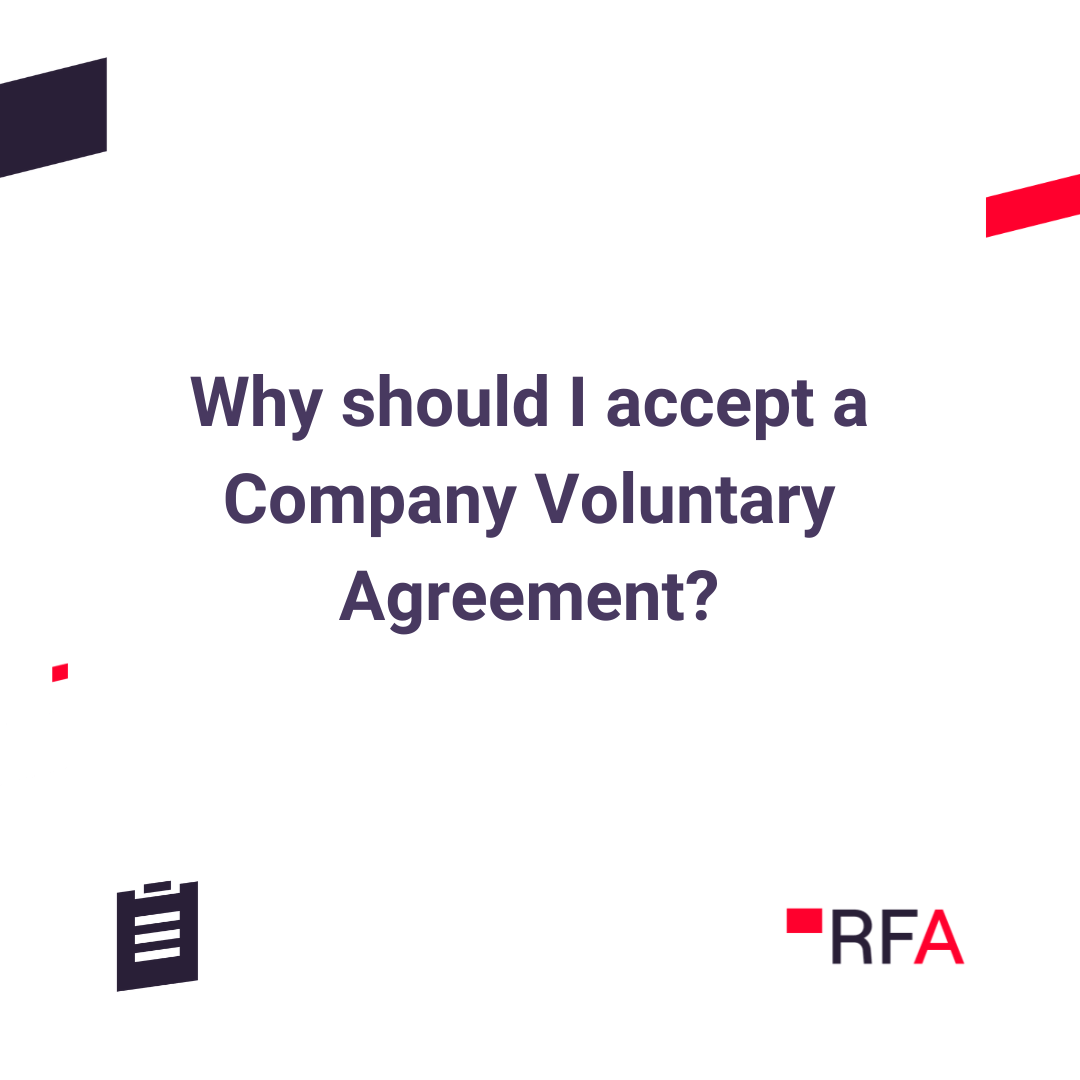Understanding the Refine and Implications of Compulsory Strike Off Under Firm Law
In the realm of firm regulation, the process and effects of obligatory strike off hold significant weight for companies and their directors. Comprehending the details of why firms encounter such a result, the thorough steps associated with the strike off procedure, and the far-reaching implications for all parties included is important in navigating the complex landscape of business administration. As we explore the factors behind required strike offs, the ensuing procedures, and the succeeding repercussions, a clearer photo arises of the extensive influence it can carry entities and individuals alike.
Factors for Compulsory Strike Off
Obligatory strike off under business legislation is initiated by the regulative authorities for certain factors related to functional or non-compliance abnormalities. The key reason for a company to face obligatory strike off is the failing to submit yearly returns or economic declarations for a prolonged duration. This non-compliance indicates a lack of transparency and adherence to governing needs, increasing worries regarding the firm's monetary health and wellness and responsibility.

Process of Strike Off
Offered the governing authority's initiation of required strike off for numerous factors, recognizing the procedure of strike off is critical for firms encountering prospective dissolution under business law. The process normally begins with the regulatory authority sending notifications to the firm's authorized office address, informing them of the upcoming strike off. It is necessary for the business to deal with any superior problems, such as submitting past due papers or working out outstanding costs, within the specified timeframe to avoid dissolution.

Ramifications for Companies
What are the implications for business encountering obligatory strike off under company legislation? Companies encountering mandatory strike off might experience numerous visite site considerable effects. First of all, the firm discontinues to lawfully exist, resulting in the loss of its company condition and the coming with protections and advantages. This can bring about the failure to participate in contracts, conduct business, or go after legal actions in the firm's name.
Additionally, the company's possessions at the time of strike off become home of the state, which can bring about economic losses for shareholders and creditors. Shareholders might shed their financial investments, while lenders might have a hard time to recoup any kind of arrearages owed to them by the struck-off company.
Furthermore, supervisors of the business may face incompetency from holding comparable settings in other companies for a specific period (compulsory strike off). This can taint their professional track record and limit their future business opportunities
Repercussions for Supervisors
Facing required strike off under business law can have extreme implications for supervisors, affecting their future roles in various other business and possibly tainting their professional standing. Supervisors of a business facing required strike off may locate it testing to safeguard directorial placements in various other companies in the future. This is due to the fact that the strike off indicates a failing to conform with lawful responsibilities, raising worries about the director's ability to accomplish their duties properly. Moreover, the tarnished expert reputation resulting from a required strike off can result in a loss of trust fund from company customers, partners, and stakeholders. Directors might likewise encounter personal financial obligations if they are located to have actually acted negligently or fraudulently, leading to prospective lawsuits versus them. Overall, the effects of mandatory strike off for directors prolong past the details firm in concern, impacting their job prospects and expert reputation in the long term.
Avoiding Compulsory Strike Off

Verdict
Finally, understanding the procedure and ramifications of required strike off under firm regulation is necessary for directors and business to make certain conformity with policies. By understanding the factors for strike off, the procedure involved, and the effects for all parties included, firms can take steps to prevent going through mandatory strike off. It is essential for directors to be proactive in maintaining correct documents and meeting statutory obligations to prevent the threat of strike off.
Provided the governing authority's initiation of compulsory strike off for different factors, recognizing the procedure of strike off is essential for business encountering possible dissolution under company legislation.What are the ramifications for firms encountering compulsory strike off under firm legislation?Facing compulsory strike off under firm law can have severe ramifications for directors, affecting their future functions in various other business and possibly tainting their professional standing. Supervisors of a firm dealing with compulsory strike off might find it testing to safeguard directorial placements in various other firms in the future.In verdict, comprehending the process and ramifications of compulsory strike off under business law is crucial for directors and firms to guarantee conformity with policies.